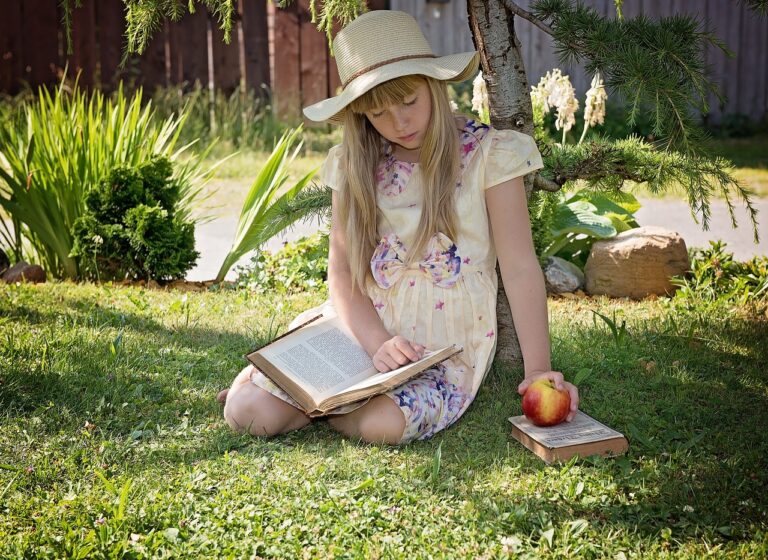The Role of Music Schools in Preserving Traditional Music Genres
betbhai9 login, radhe exchange registration, 99 exchange:Music schools play a crucial role in preserving traditional music genres. These institutions serve as hubs for passing down knowledge and techniques specific to various musical styles, ensuring that cultural heritage and traditions are not lost over time. Let’s delve deeper into how music schools contribute to the preservation of traditional music genres.
Exploring Heritage Through Music
Traditional music genres are a significant part of a country’s cultural identity. They reflect the history, values, and beliefs of a particular community or region. By studying traditional music at music schools, students gain insight into the heritage and customs of different cultures. This exploration fosters a deeper appreciation for diversity and helps students understand the significance of preserving traditional music genres for future generations.
Learning Techniques and Skills
Music schools provide a structured environment for learning the techniques and skills required to perform traditional music. Students receive training from experienced instructors who specialize in specific genres, passing down knowledge that has been honed over generations. By mastering these techniques, students not only develop their musical abilities but also contribute to the preservation of traditional music genres by keeping the art form alive and thriving.
Preserving Authenticity
One of the challenges in preserving traditional music genres is maintaining authenticity. As music evolves and adapts to modern trends, there is a risk of losing the original essence and authenticity of traditional music. Music schools play a crucial role in safeguarding this authenticity by teaching students the traditional ways of playing, singing, and composing music. By adhering to authentic practices, students help preserve the integrity of traditional music genres and prevent dilution or distortion.
Passing Down Oral Traditions
Many traditional music genres are passed down orally, with knowledge and techniques transmitted from one generation to the next through direct teaching and imitation. Music schools act as custodians of these oral traditions, ensuring that they are not lost or forgotten over time. By providing a formal learning environment, music schools help preserve these oral traditions in a structured manner, making them accessible to a wider audience and ensuring their continuity.
Fostering Community and Collaboration
Music schools create a sense of community among students, instructors, and music enthusiasts who share a passion for traditional music genres. This community provides a supportive environment for collaboration, where like-minded individuals can come together to learn, perform, and celebrate traditional music. Through collective efforts and shared experiences, music schools foster a sense of belonging and camaraderie that is essential for preserving traditional music genres.
Embracing Innovation While Honoring Tradition
While the focus of music schools is on preserving traditional music genres, they also recognize the importance of embracing innovation and experimentation. By combining traditional techniques with contemporary approaches, students can create new interpretations and adaptations of traditional music, keeping the art form relevant and engaging for modern audiences. Music schools encourage students to explore new ideas while staying true to the essence of traditional music genres, striking a balance between innovation and tradition.
In conclusion, music schools play a vital role in preserving traditional music genres by providing a platform for learning, practicing, and celebrating these rich cultural traditions. By studying traditional music at music schools, students not only cultivate their musical talents but also contribute to the preservation of cultural heritage for future generations. Through a combination of structured learning, community building, and innovation, music schools uphold the legacy of traditional music genres and ensure their continued relevance and significance in the contemporary world.
FAQs
1. Why is it important to preserve traditional music genres?
Preserving traditional music genres is essential for maintaining cultural heritage, promoting diversity, and passing down knowledge and traditions to future generations.
2. How do music schools contribute to the preservation of traditional music genres?
Music schools provide a structured environment for learning traditional music techniques, passing down oral traditions, fostering community collaboration, and balancing innovation with tradition.
3. What are some examples of traditional music genres around the world?
Examples of traditional music genres include Celtic music from Ireland, Flamenco from Spain, Gamelan from Indonesia, and Blues from the United States, among many others.



